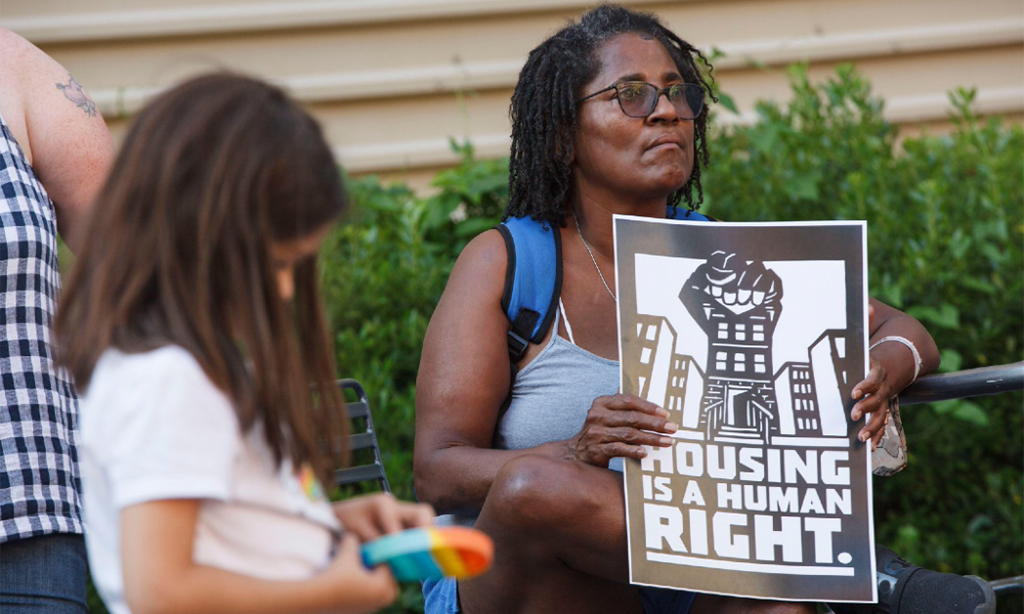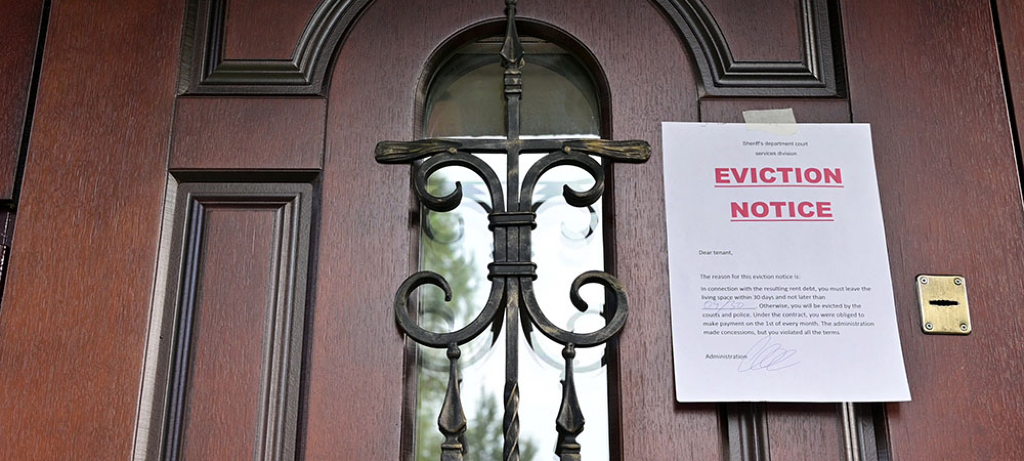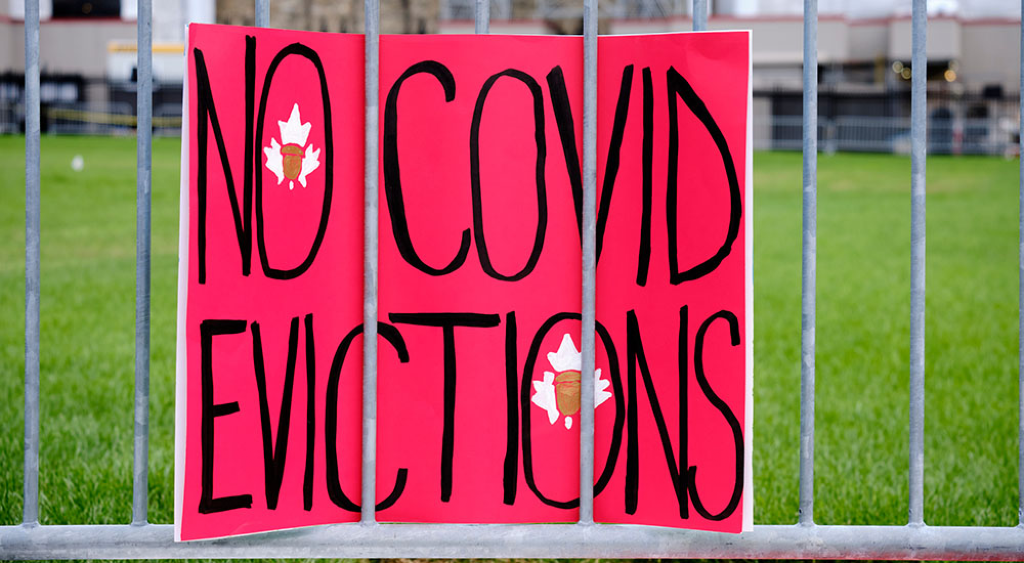The Eviction Moratorium Extension Was Denied. So What Does That Mean for Renters?

- The eviction moratorium was set to be extended until October 3, 2021 due to the COVID-19 Delta variant, but the Supreme Court denied the extension.
- The absence of the moratorium leaves many people who are in financial hardship at risk of facing eviction, losing their homes, and becoming homeless.
- Tenants have federal, state, and local rights. If your landlord tries to evict you illegally, your rights as a tenant are highlighted below.
- Landlords may still be able to evict tenants for specific reasons. (Highlighted below.)
- Some states, listed below, have implemented their own moratorium.
On August 1, 2021, the eviction moratorium expired, causing uncertainty for millions of households and tenants who had been protected from eviction processes under federal law during the COVID-19 pandemic. Fortunately, on August 3, 2021, the Centers for Disease Control (CDC) released a public statement under President Biden, saying that the federal eviction moratorium would be extended until October 3, 2021. However, on August 24, 2021, the Supreme Court shut down the extended eviction moratorium. With the absence of the eviction moratorium, landlords are free to evict whoever they wish.
The effect of the absence of the eviction moratorium
The rejection of the extension of the federal eviction moratorium allows landlords to evict tenants effective immediately. Thus, many people who are behind on rent are now at risk of losing their homes.
If you are a renter and need immediate assistance paying your rent, utilities, or housing costs, Consumer Finance is dedicated to helping you find emergency rental assistance and assistance funds in your local areas.
What to do if your landlord threatens to evict you
If your landlord gives you an eviction notice, there are a couple of things you can do to deal with this situation.

1. Fight the notice
The first thing you can do is fight the notice that has been given to you. If you feel that the reason that your landlord is evicting you is illegal, try to gather evidence and get ready for the court date. There are some fundamental rights below to keep in mind if you decide to fight the eviction notice in court.
2. Get legal help
The federal government has created a non-profit called Get Legal Help, which helps low-income households receive help regarding their civil issues, including eviction. If you need help building your case to fight the eviction case, reach out to them for help.
3. Rectify the situation, if possible
If your landlord wishes to evict you because you have missed payments or affected the living situation of those around you, then try to solve the problem before being evicted. If you wish to remain living in the same place, then talk to your landlord and see if there are any ways the problem can be resolved without being evicted.
What are your rights as a tenant?
All tenants and landlords have basic rights that are upheld by federal, state, and local laws. Below are a few of the basic rights that every tenant and landlord should be aware of:
Your landlord cannot evict you without cause.
If you follow the rules put in place by your landlord regarding your living situation, then you do not have to worry about being evicted without cause. However, this is not to say that your landlord may not attempt to evict you illicitly. If your landlord is threatening to evict you without probable cause, then you can file a complaint with your local court. Also, if your landlord does not have a legal court-issued document stating you are getting evicted, they cannot force you out of your residence.
On the other hand, there are several reasons that your landlord can legally evict you. The reasons are the following:
1. Partaking in illicit activities.
If the landlord has reason or evidence to accuse you or someone you live with of taking part in illegal activities, then he can evict you if he wishes to do so. However, as long as no criminal activities are done, then the landlord cannot evict you.
2. Tenant putting the health and safety of other residents at risk.
Another reason a landlord can evict you is if you put the safety of others at risk. For example, if there is a surge of COVID-19 cases in your area and you fail to follow the proper health measures when you are around other tenants, then the landlord has the right to evict you to ensure that other residents are safe.
3. Tenant destroying property.
Like any other home being rented, if you destroy property that does not belong to you, the landlord has probable cause to evict you.
4. Tenant violating a health or safety regulation.
If your living conditions could negatively affect the people around you, such as living in an unsanitary or unsafe situation, it could lead to the property manager filing an eviction.
States that have the eviction moratorium
Though the federal eviction moratorium was denied, the following states have implemented their own moratorium to help those at risk of losing their homes.

Image credit: meandering images / Shutterstock.com
Eviction Moratorium for Residential Tenants
- Washington State
- New Mexico
- Illinois
- Hawaii
- Washington D.C.
- New Jersey
Eviction Moratorium for Residential and Commercial Tenants
- California
- New York
Evictions Prohibited for Residential Tenants who have Applied for Rental Assistance
- Oregon
- Nevada
- Minnesota
- Michigan
- Connecticut
- Massachusetts